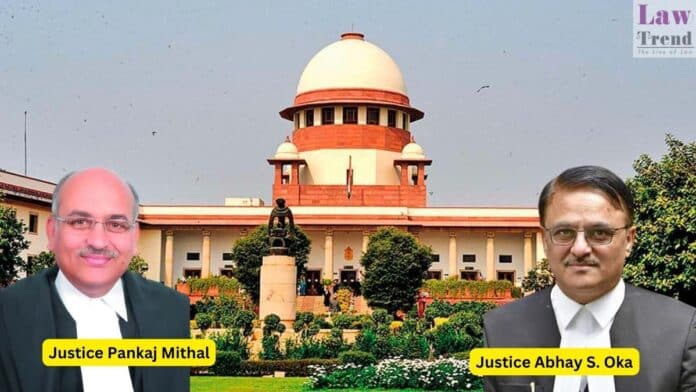In a critical judgment, the Supreme Court of India, led by Justice Abhay S. Oka and Justice Pankaj Mithal, has laid down clear principles regarding the valuation of goods for excise duty under the Central Excise Act, 1944. The Court emphasized that the computation of excise duty based on “transaction value” requires the fulfillment of
To Read More Please Subscribe to VIP Membership for Unlimited Access to All the Articles, Download Available Copies of Judgments/Order, Acess to Central/State Bare Acts, Advertisement Free Content, Access to More than 4000 Legal Drafts( Readymade Editable Formats of Suits, Petitions, Writs, Legal Notices, Divorce Petitions, 138 Notices, Bail Applications etc.) in Hindi and English.




